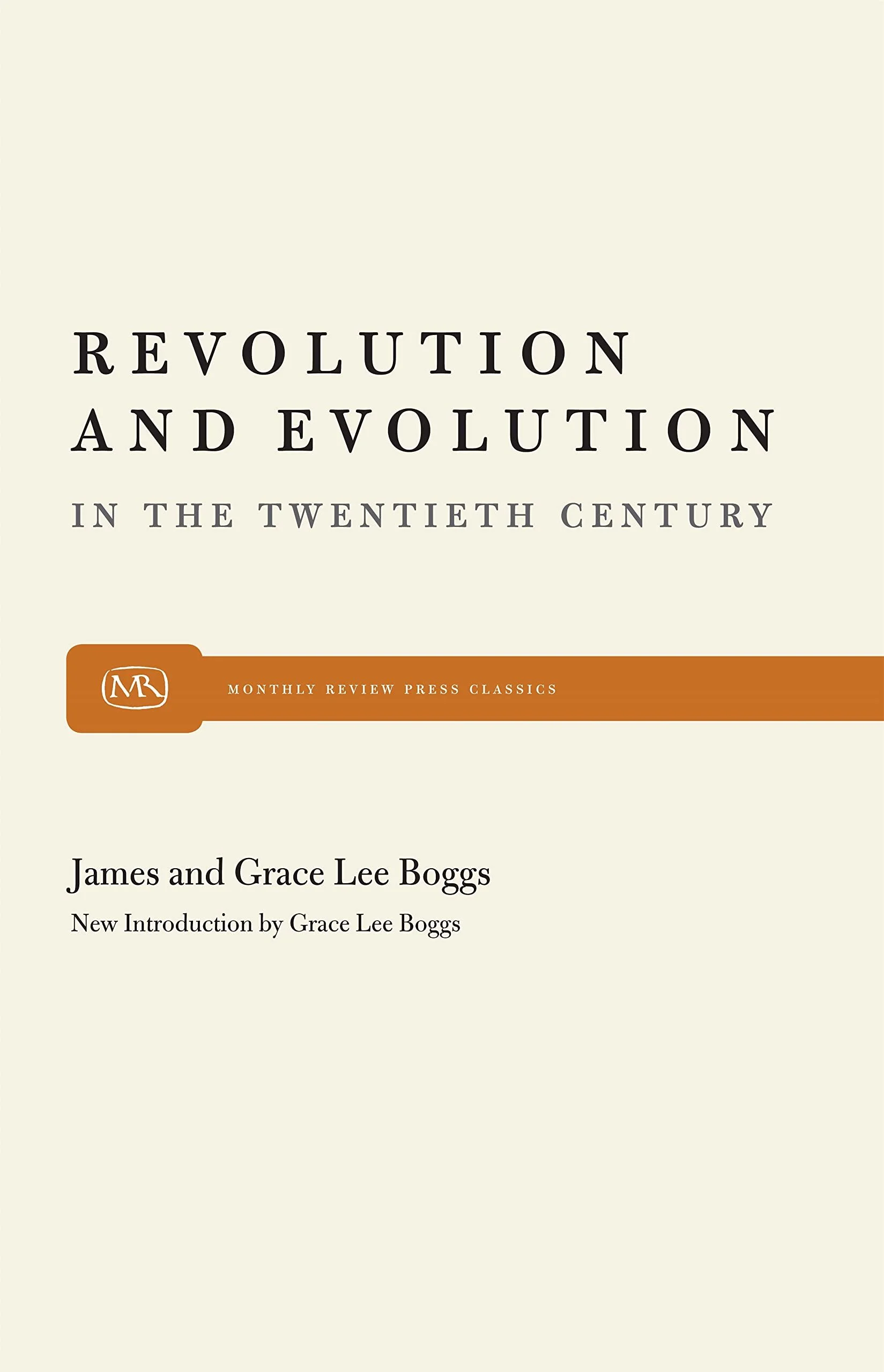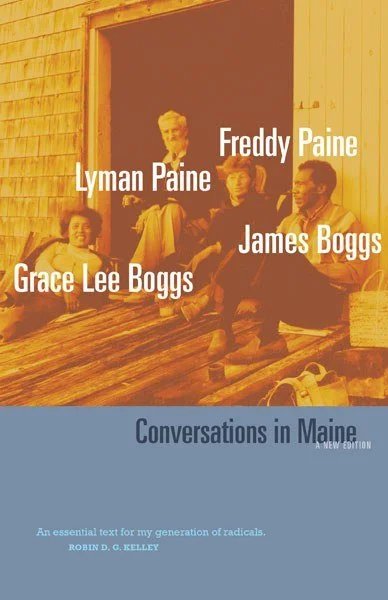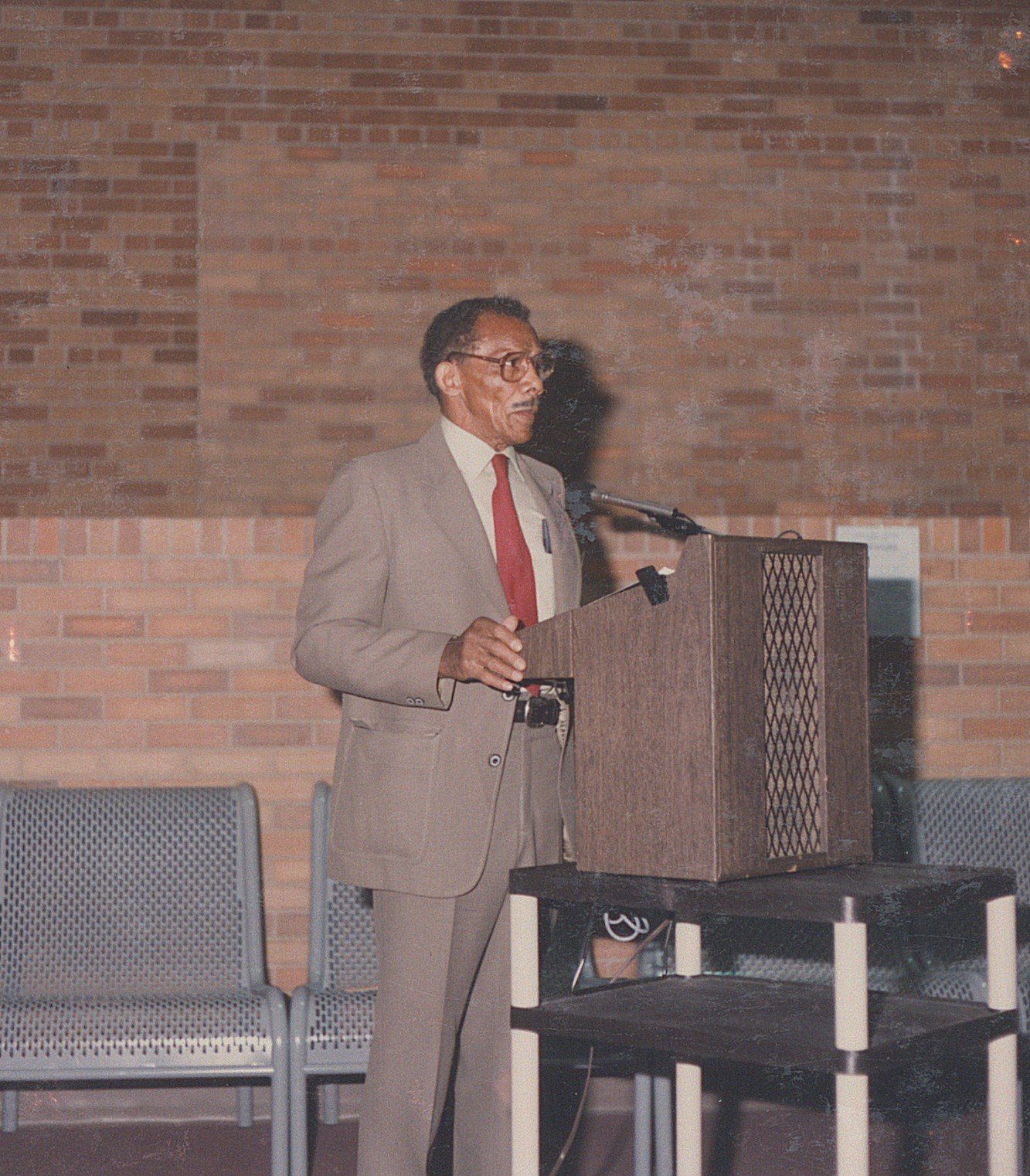
James Boggs
May 27, 1919 - July 22, 1993
Biography
James (Jimmy) Boggs (May 27, 1919-July 22, 1993) and Grace Lee Boggs (June 27, 1915-October 5, 2015) were two of America’s foremost revolutionary theoreticians, human rights activists, and community organizers of the 20th century. Their marital union, which began in 1953 and spanned 40 years, was unique, powerful, balanced, and productive.
James was born in sharecropping Marion Junction, Alabama. He later moved to Detroit, where he worked in the Chrysler auto plants for 28 years and began as a labor leader and leading political activist in the Black Power movement. He is a noted visionary who advanced Marxist praxis in the black radical tradition. Jimmy is noted for predicting in the 1960s that automation in the auto plants would replace workers and that revolutionaries must become “revolutionists.” A revolutionist is “a ‘revolutionary’ who accepts responsibility for leadership which involves projecting a philosophy of change, developing a method or form of struggle based on a new ideology, and organizing to change society along the lines of this new ideology.”
Jimmy and Grace’s home on 3061 Field Street in Detroit became the Mecca for the most ardent black revolutionaries to emerge in the 1960s, including Milton Henry, Richard Henry, Ahmad Muhammad, General Baker, Vincent Harding, and William Strickland. They were connected to Malcolm X, Dr. Reverend Martin Luther King, Jr., Reverend Albert Cleage, Danny Aldridge, Ossie Davis, and Danny Glover, among others. Their analysis significantly impacted the Black Freedom struggle during the 1960s -1970s and beyond, particularly citing the cities as the battleground versus the southern US. In the 1960s, they advanced the idea that the American socio-political nexus required the confluence of class and race struggle of racial and class analysis. Their analysis called for Black Power in Detroit as early as 1962..
The Boggses’ prolific writings and publications and philosophy of dialectical humanism still motivate and resonate with activists and young people today.
Bibliography












